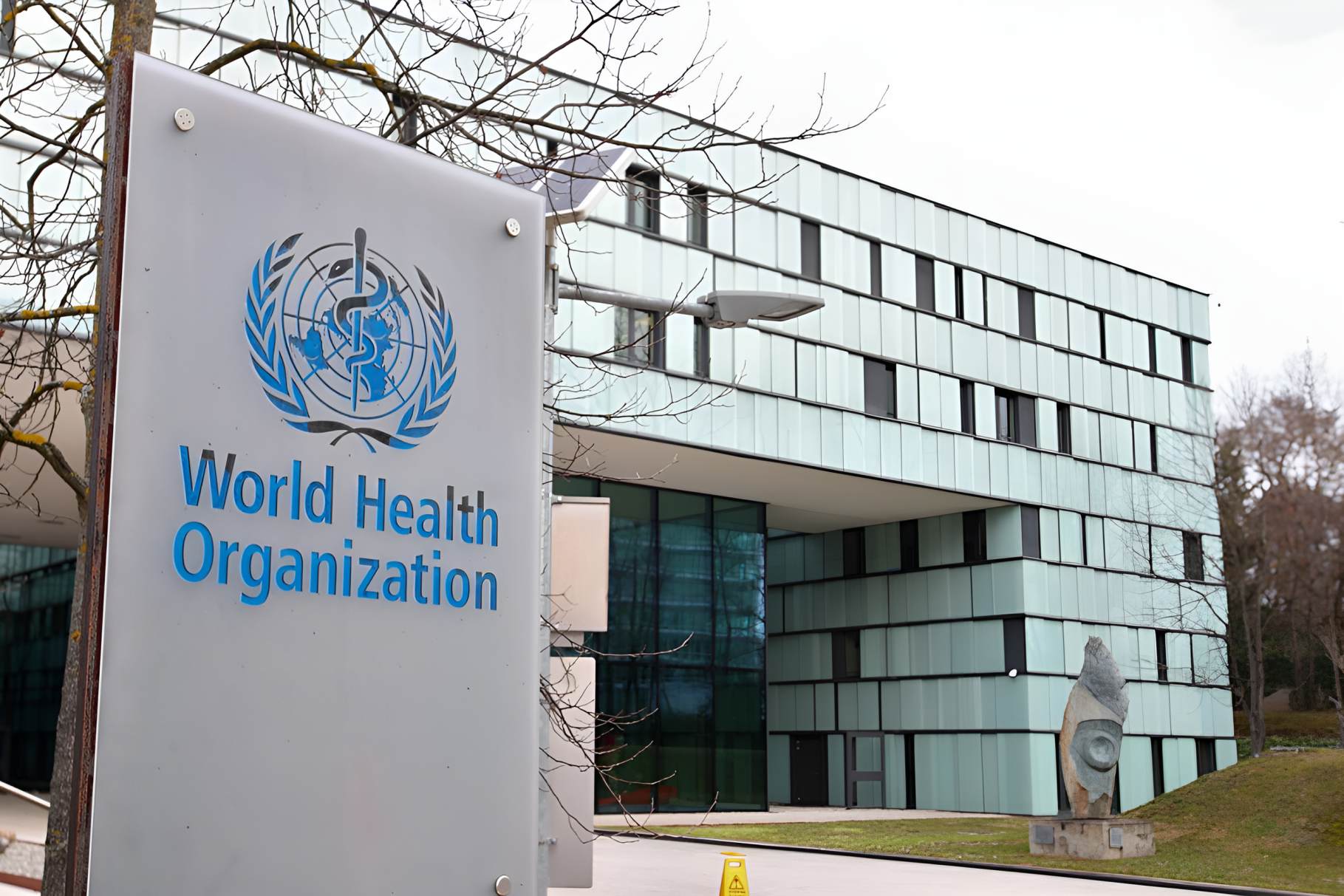Immunisation faces rising threats as global outbreaks increase

“Outbreaks of vaccine-preventable diseases are increasing around the world, putting lives at risk and exposing countries to increased costs in treating diseases and responding to outbreaks,” Dr. Tedros said.
As the world grapples with increasing outbreaks of vaccine-preventable diseases, immunisation efforts are facing significant threats.
The World Health Organization (WHO), UNICEF, and Gavi have warned that misinformation, funding cuts, and humanitarian crises are putting the progress made in global immunisation at risk.
This warning comes as World Immunisation Week, which runs from April 24 to April 30, highlights the importance of vaccination in protecting millions of children, adolescents, and adults.
WHO Director-General Dr. Tedros Ghebreyesus emphasized that vaccines have saved over 150 million lives over the past five decades, yet global health funding cuts are now jeopardising these gains.
“Outbreaks of vaccine-preventable diseases are increasing around the world, putting lives at risk and exposing countries to increased costs in treating diseases and responding to outbreaks,” Dr. Tedros said.
Diseases like measles, yellow fever, and meningitis are experiencing a resurgence worldwide.
Measles, in particular, has seen a significant rise, with an estimated 10.3 million cases in 2023, a 20 percent increase from the previous year.
The number of measles cases continues to climb, with 138 countries reporting infections in the past 12 months.
Among these, 61 countries have experienced large or disruptive outbreaks, the highest number observed since 2019.
The situation is equally dire in Africa, where meningitis and yellow fever cases have risen sharply.
In the first quarter of 2025, more than 5,500 suspected cases of meningitis were reported, with nearly 300 deaths across 22 countries.
However, the challenges go beyond the resurgence of these diseases.
The global immunisation system is facing significant disruptions due to funding shortages.
A recent WHO rapid stocktake with 108 country offices revealed that nearly half of the countries, especially those in low- and lower-middle-income regions, are experiencing severe disruptions in vaccination campaigns and access to essential supplies.
At the same time, the number of children missing routine vaccinations continues to grow, with 14.5 million children missing their vaccinations in 2023, up from 13.9 million in 2022.
The situation is particularly dire in conflict zones, where instability makes it difficult to deliver vaccines.
Over half of the children missing vaccinations live in countries affected by conflict, fragility, or instability, where health services are often disrupted.
UNICEF Executive Director Catherine Russell highlighted the impact of the global funding crisis on immunisation efforts.
She pointed out that funding shortages have led to setbacks in vaccination programs in nearly 50 countries, similar to the disruptions seen during the COVID-19 pandemic.
In response to this growing crisis, the WHO, UNICEF, Gavi, and their partners are calling for urgent and sustained political attention and investment to strengthen immunisation programs and protect the progress made in reducing child mortality over the past five decades.
Dr. Sania Nishtar, CEO of Gavi, warned that the increasing outbreaks of infectious diseases are a global concern.
She stressed that without full funding for Gavi over the next five years, critical immunisation activities will be at risk, particularly in the countries most affected by meningitis, yellow fever, and measles.
One of the key actions proposed to combat these threats is the expansion of global vaccine stockpiles and the rolling out of targeted preventive vaccinations in the most impacted regions.
However, this vital work will depend on donors supporting Gavi’s mission, which seeks to raise at least $9 billion (Sh1.1 trillion) at a high-level pledging summit in June 2025.
This funding will be crucial in protecting 500 million children and saving at least 8 million lives from 2026 to 2030.
Immunisation is one of the best investments in health, with a return of $54 (Sh6,993) for every dollar invested. Vaccines save nearly 4.2 million lives each year by preventing 14 diseases.
In the African region, where cervical cancer rates are high, coverage of the HPV vaccine has nearly doubled between 2020 and 2023.
Other significant progress has been made, including the introduction of malaria vaccines in 20 African countries and the expansion of pneumococcal conjugate vaccines in Southeast Asia.
To strengthen immunisation efforts, WHO, UNICEF, and Gavi are urging governments, the public, and donors to renew their commitment to the Immunisation Agenda 2030 (IA2030) and ensure sustained investment in vaccines and immunisation programs.
As the global community faces mounting health challenges, securing equitable access to vaccines for all is more crucial than ever.
